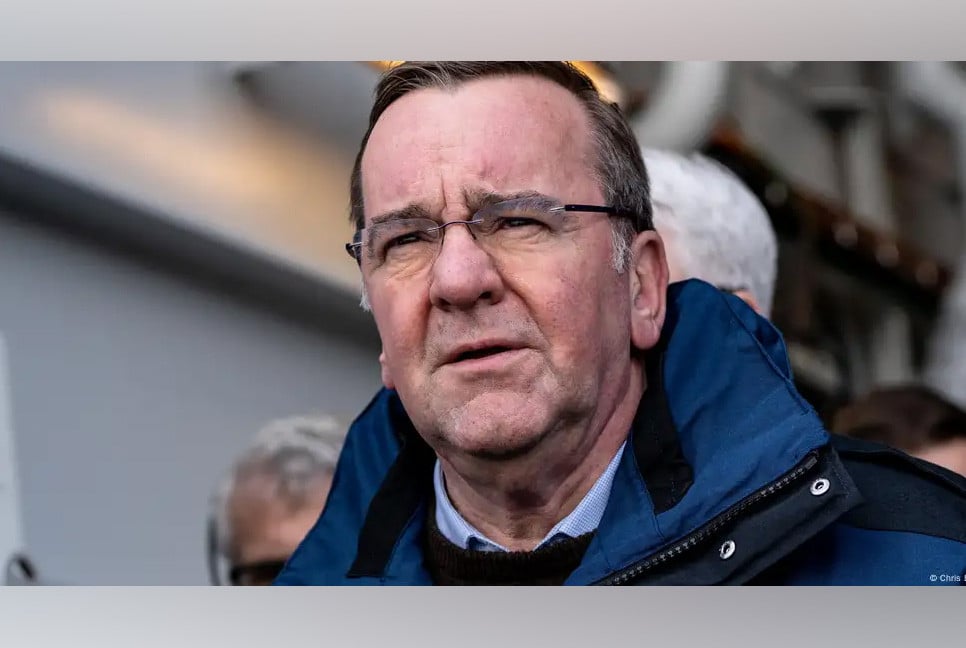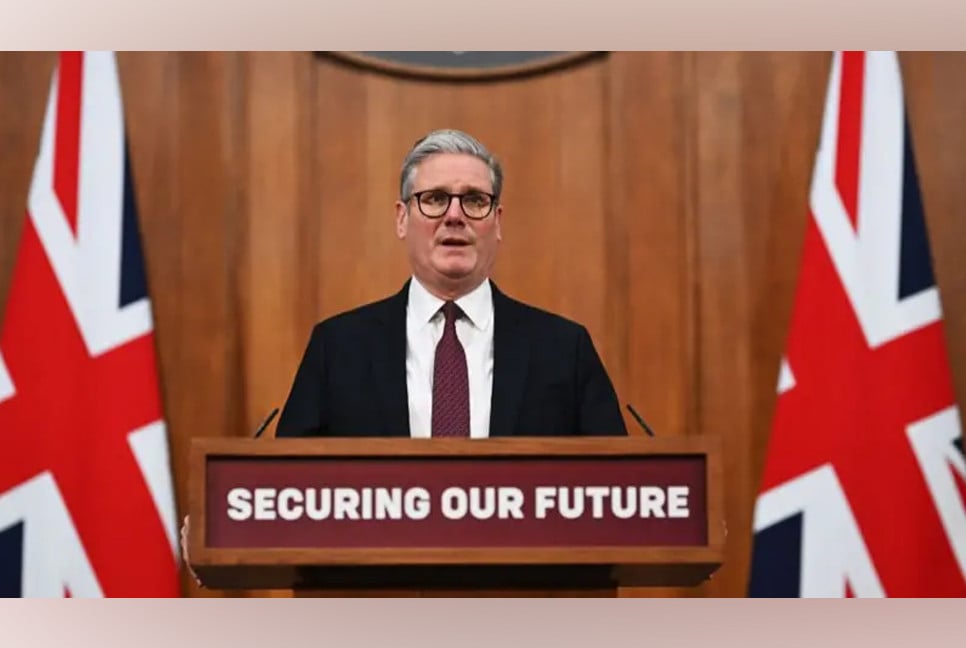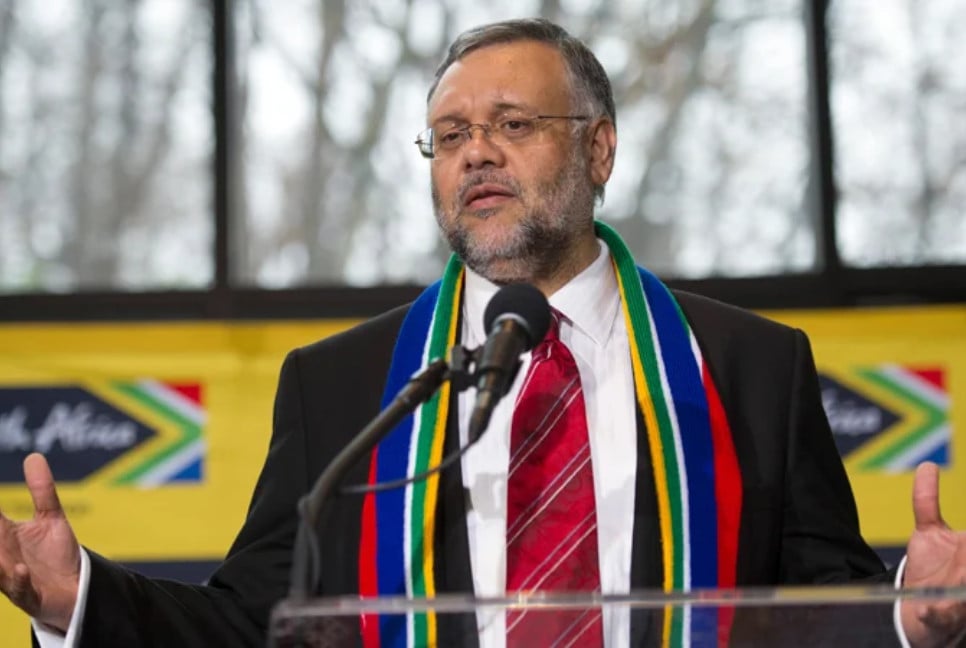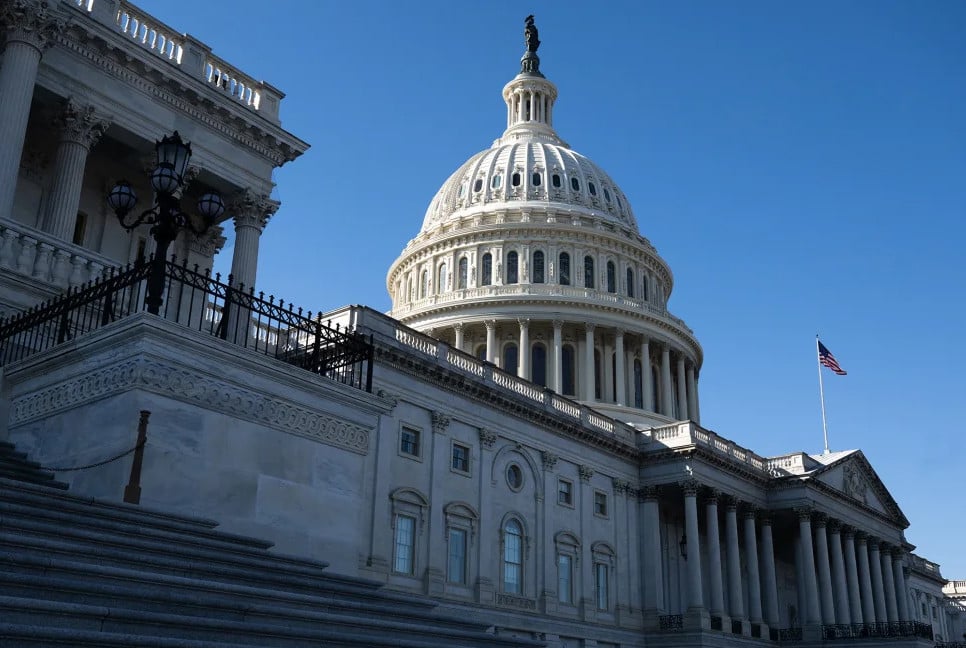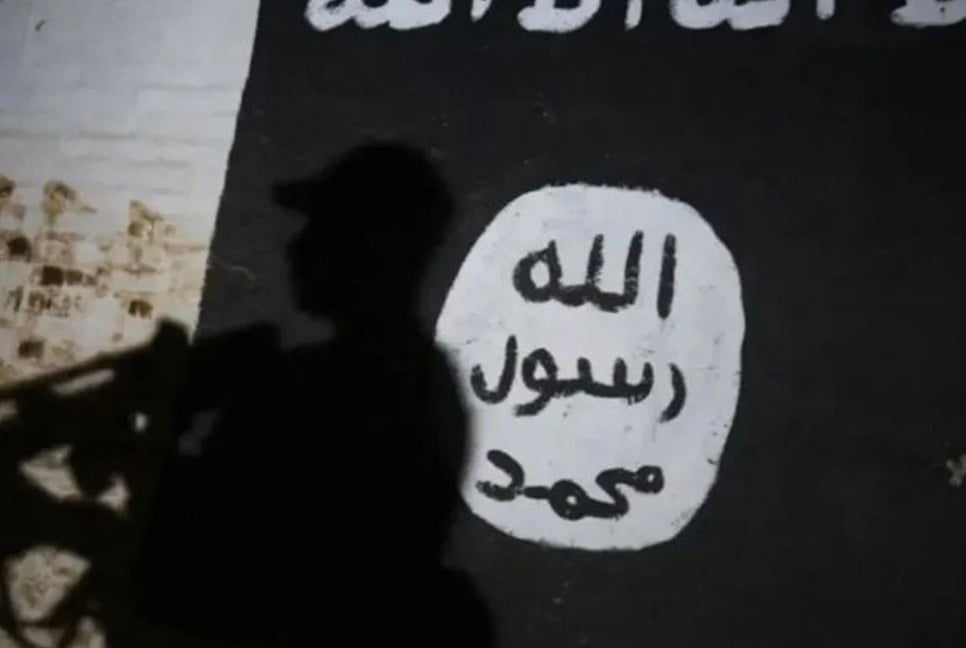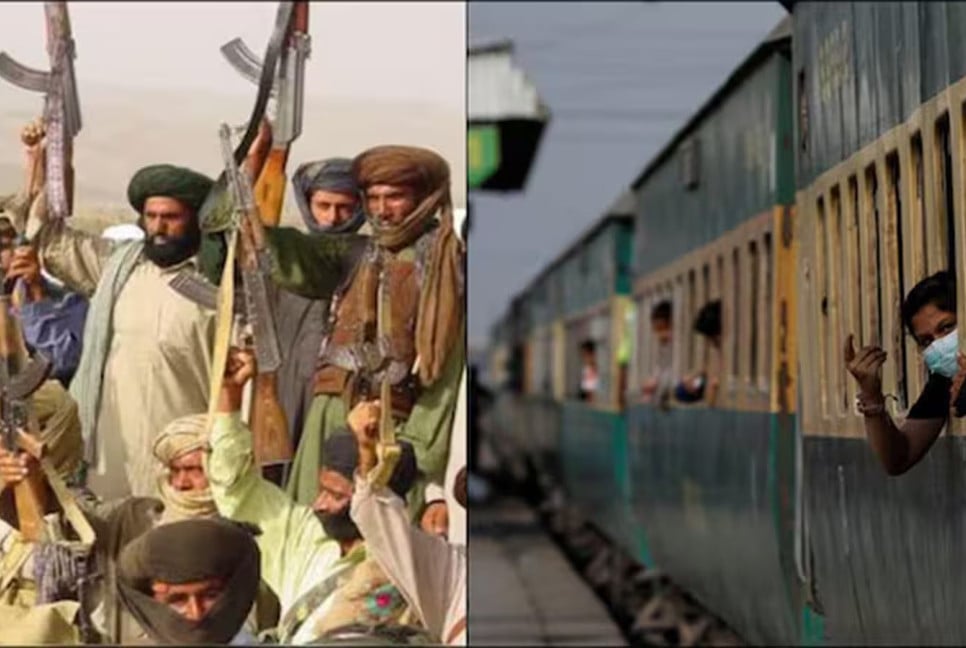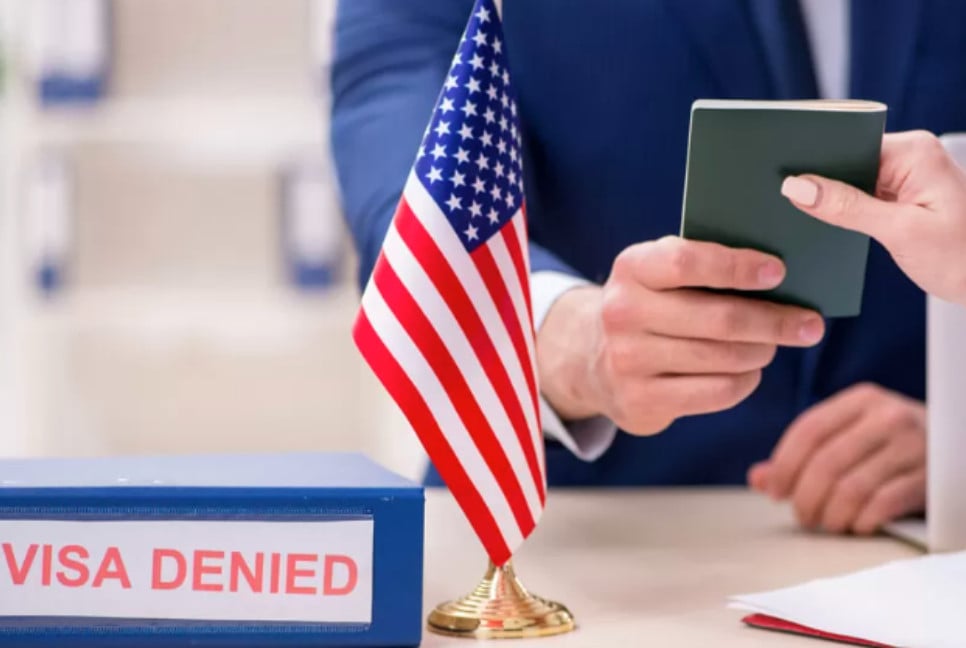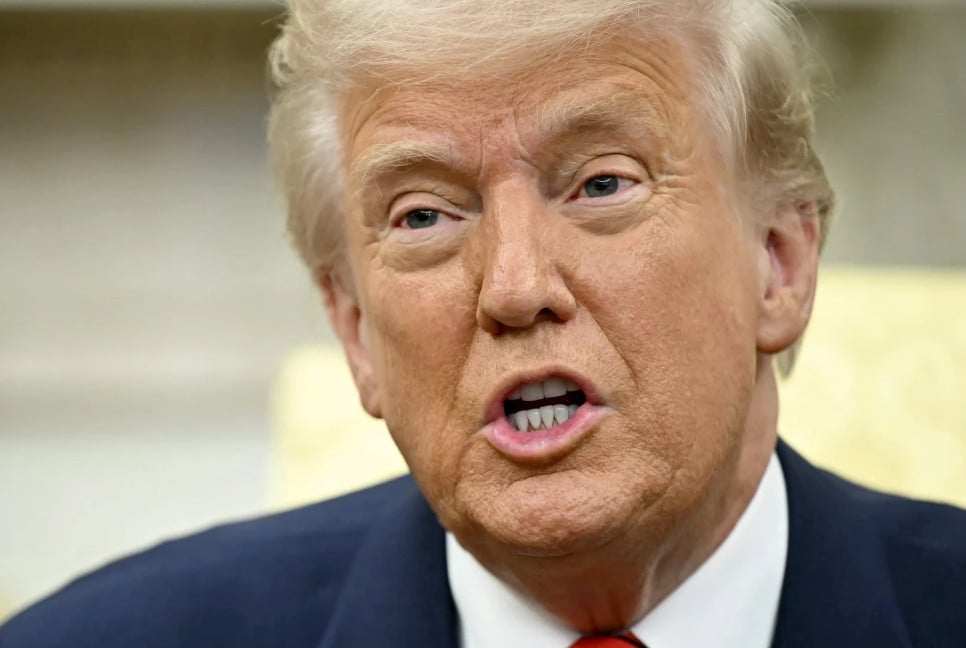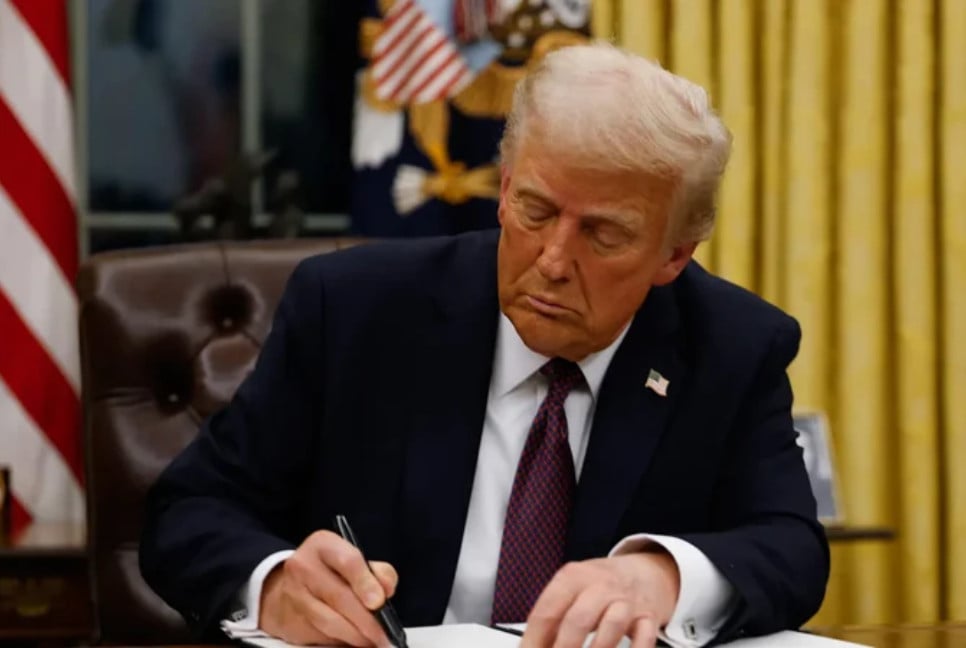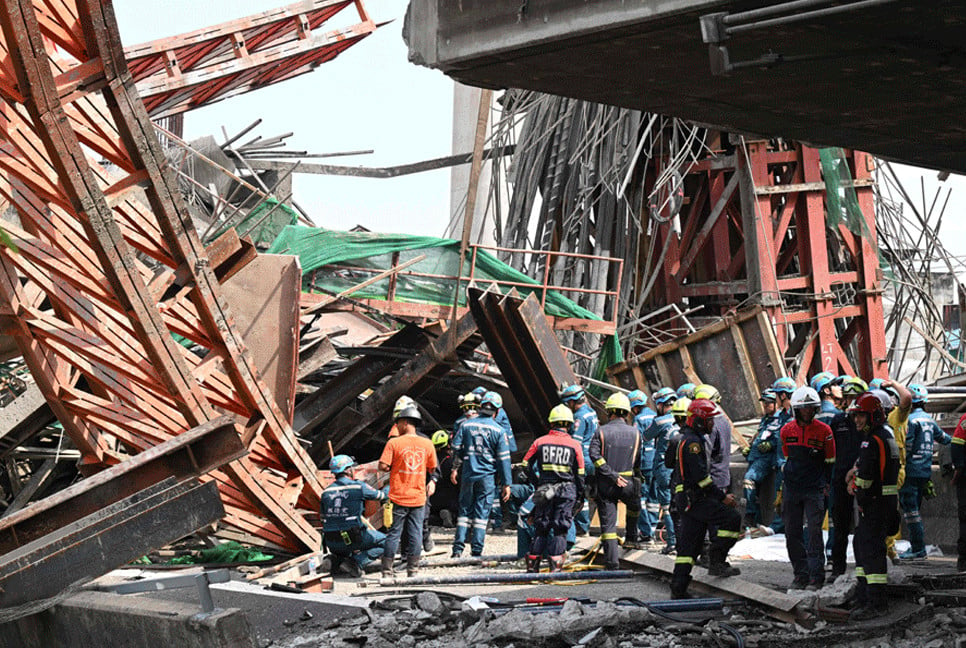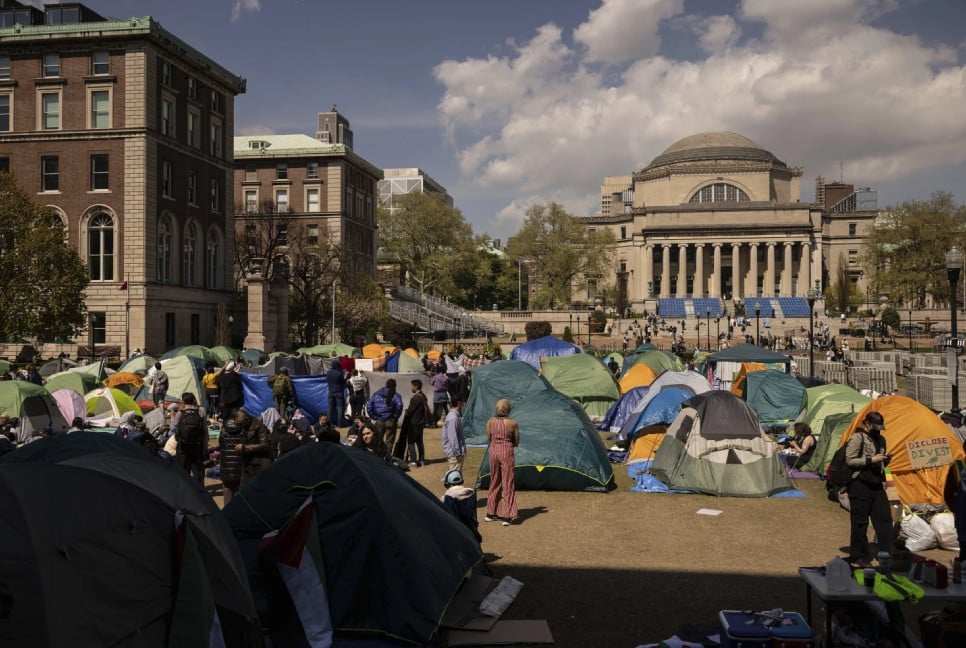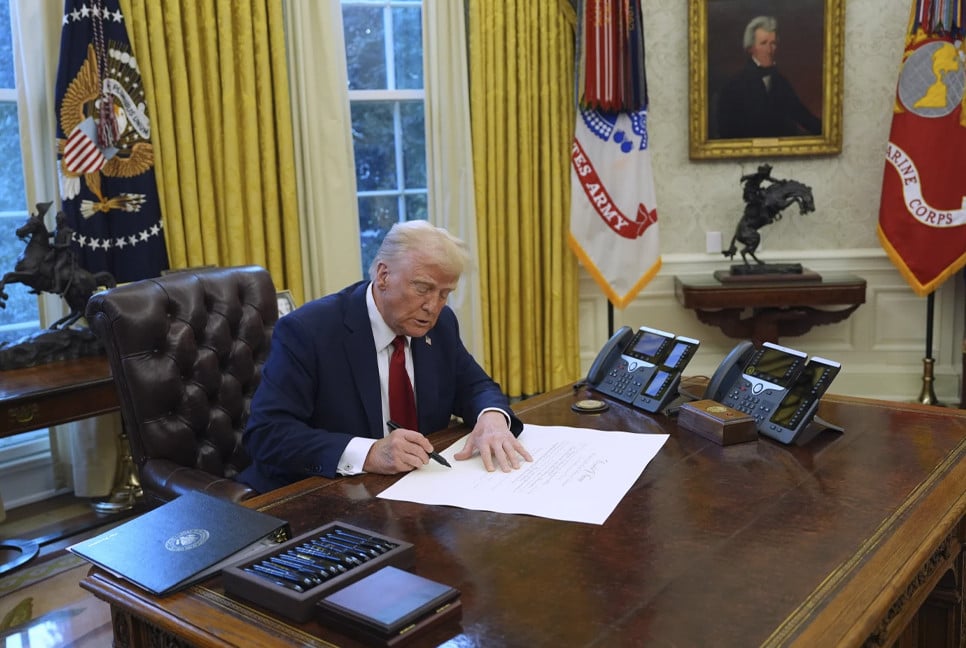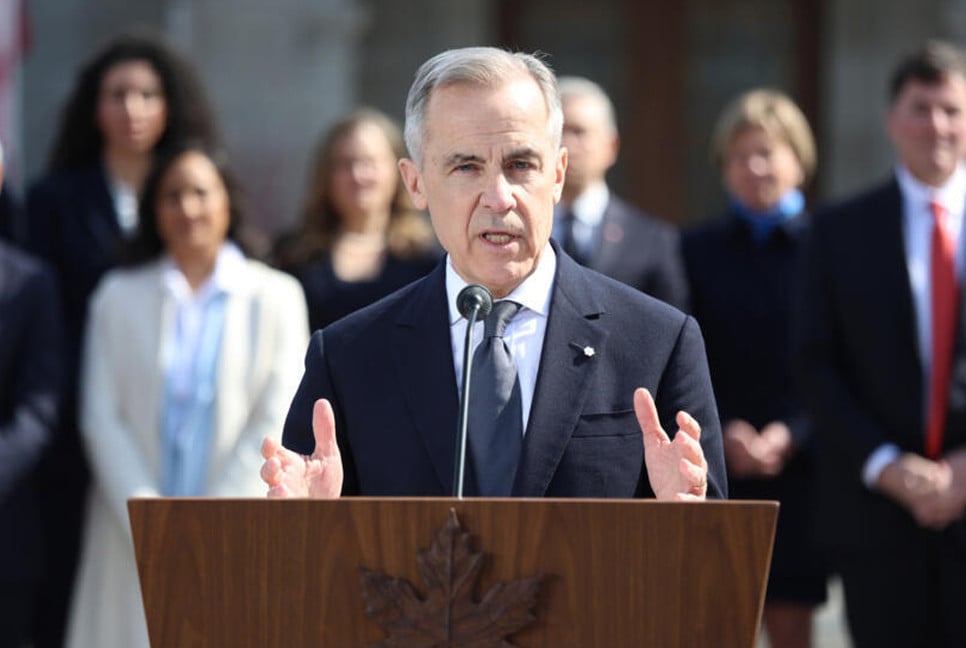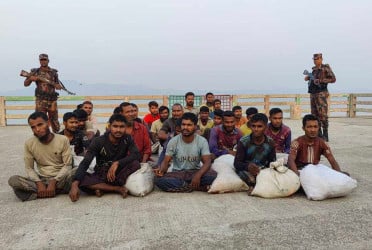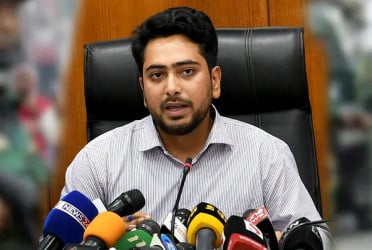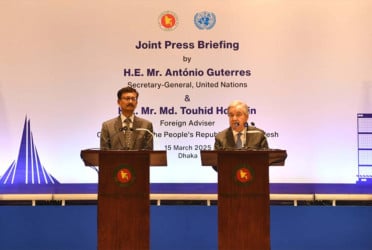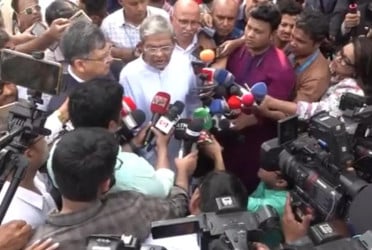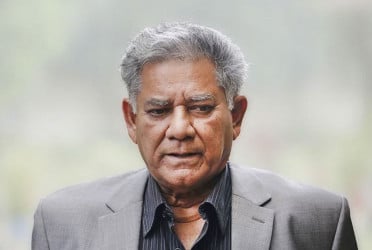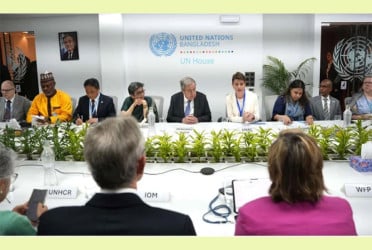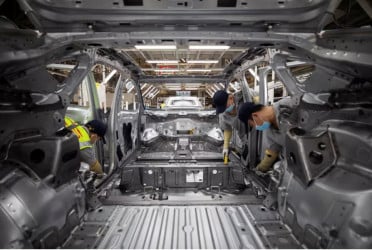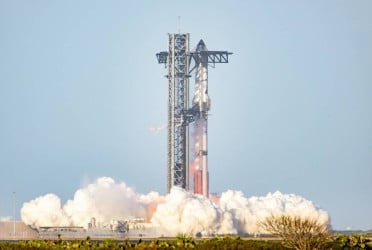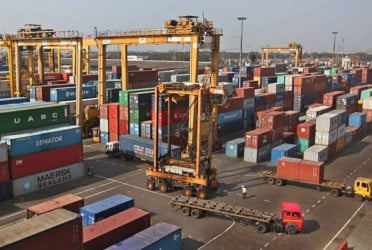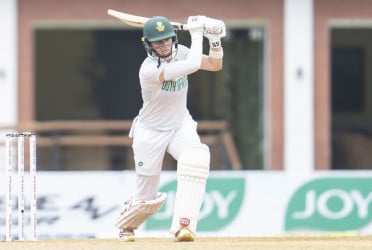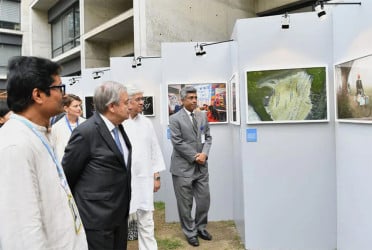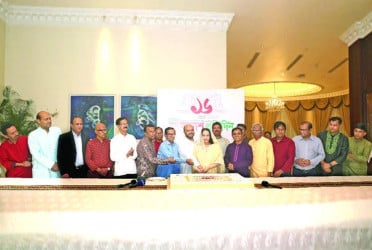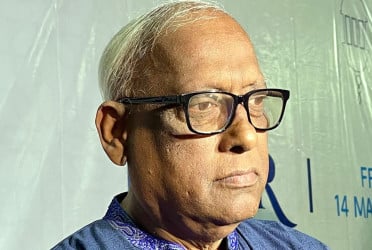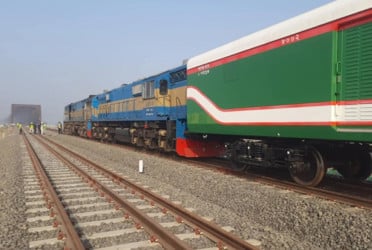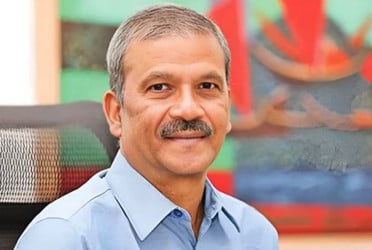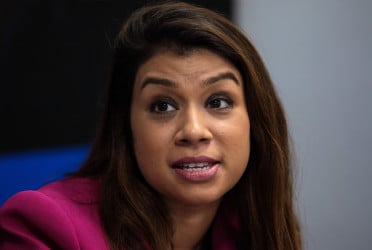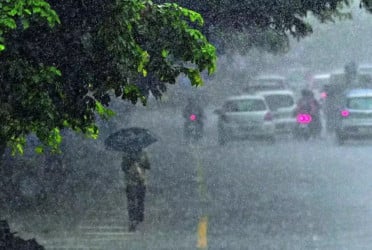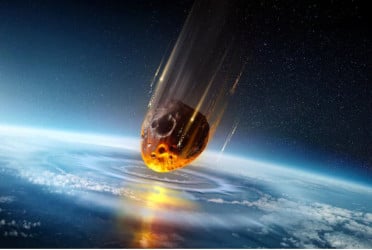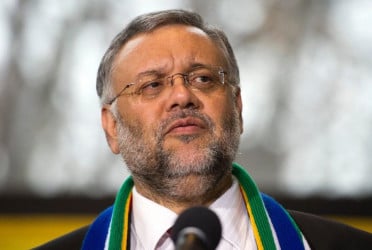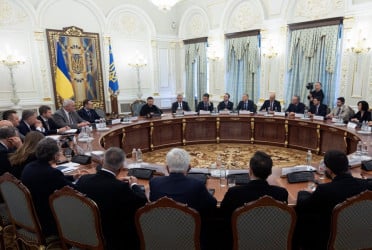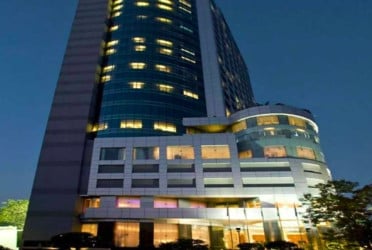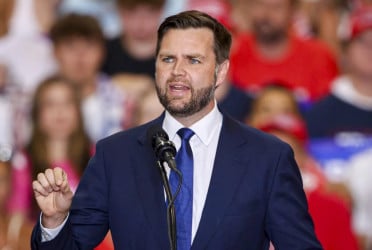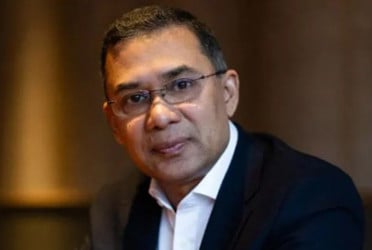German Defence Minister Boris Pistorius warned Sunday that Berlin must be ready to respond to any hybrid attacks from Russia in the run-up to snap federal elections and beyond.
A hybrid attack is a comprehensive cyber assault that uses multiple methods to infiltrate and compromise a target's IT systems, networks, or devices.
Pistorius' comments follow a warning by German spy chiefs over an increased Kremlin threat in October.
What did Pistorius say?
"[Russian President Vladimir] Putin is engaging in hybrid attacks, and Germany is particularly in focus," Pistorius told the Funke Mediengruppe newspaper group.
"He knows us well, Putin knows how to make pinpricks in us," the defense minister added. "Ignoring this threat because it makes us uncomfortable will not make it smaller but rather larger."
Pistorious cited recent incidents targeting Germany's infrastructure and energy supply, including activities blamed on Russia in the North and Baltic Seas.
He said the threat may come from disinformation on social media, designed by Kremlin-back actors to divide German society, which could help the far-right and populist parties.
"There are also campaigns on social media, interference in election campaigns, and the financing of voices, such as [the far-right Alternative for Germany] AfD and [the populist Sahra Wagenknecht Alliance] BSW, claiming that we are not concerned with our own protection, but are heading for a war with Russia."
"We must do everything we can to prevent Putin's strategy from succeeding," Pistorius added.
Russia's military spending a threat to NATO
While there is no imminent military threat from Moscow, the defense minister warned that Putin could have rearmed his country by 2030, giving it the ability to attack NATO members.
"We must also expect that in the next few years, Putin could test how united NATO really is by making an advance in one place or another of the alliance's territory," Pistorius told the newspaper group.
Since launching his full-scale invasion of Ukraine in February 20222, Putin has turned Russia into a war economy, producing more weapons and ammunition in months than all European Union states in a single year, the minister added.
German Chancellor Olaf Scholz's government also ramped up military spending after the invasion, bringing Berlin's defense spending into line with NATO targets for the first time in decades.
Source: DW
Bd-pratidin English/Lutful Hoque

